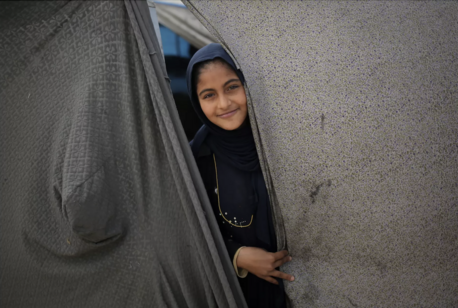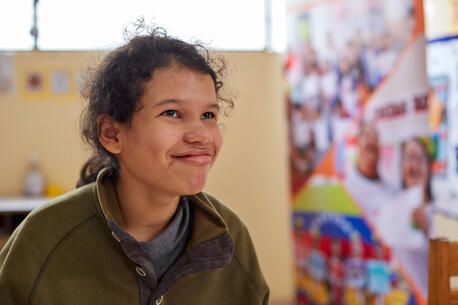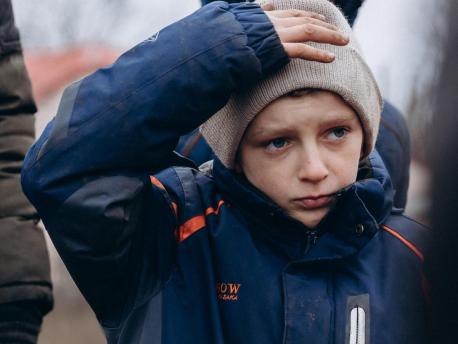
Speaking Up for Albino Children
An important reminder to continue advocating on behalf of children who suffer discrimination and exclusion because of the way they look.
June 13th is International Albinism Awareness Day — so proclaimed by the UN General Assembly in 2014 to advance equal rights and protections for those living with the condition.
Those with albinism lack pigmentation in their skin. They often suffer from poor eyesight related to a high sensitivity to sunlight, among other impairments that can interfere with learning and participation at school.
And because of the way they look, albino children often face discrimination and exclusion from their peers. In some countries, they are targets of violent attacks.
"My childhood memories are a mixed bag of the pain that society can cause when they don't understand a condition, but also the power a family can have when they choose to love a child unconditionally," says Ikponwosa Ero, the UN Independent Expert on the Enjoyment of Human Rights of Persons with Albinism, who grew up in Nigeria.
Ero adds that she is optimistic for the future due to recent progress on the issue, including greater visibility and awareness, and the adoption of new laws that expand protections for albinos in Malawi:
UNICEF's Fight for Equality
One out of every 20 children aged 14 or younger—93 million kids around the world—are living with a moderate or severe disability of some kind. Many are invisible; excluded from school, hidden by their families and abandoned by their governments.
UNICEF works with partners within countries to change policies and practices to end discrimination and exclusion, and ensure that all children are given equal opportunities to reach their full potential. Learn more about UNICEF's work on behalf of children with disabilities.
Top photo: "I don't mind that I have albinism because I know that my skin just lacks pigment," says 12-year-old Myrianne of Côte d'Ivoire, shown above left with a friend from school. "I don't have a disease and I'm not from a different race." © UNICEF/UN0150303/Dejongh
HOW TO HELP
There are many ways to make a difference
War, famine, poverty, natural disasters — threats to the world's children keep coming. But UNICEF won't stop working to keep children healthy and safe.
UNICEF works in over 190 countries and territories — more places than any other children's organization. UNICEF has the world's largest humanitarian warehouse and, when disaster strikes, can get supplies almost anywhere within 72 hours. Constantly innovating, always advocating for a better world for children, UNICEF works to ensure that every child can grow up healthy, educated, protected and respected.
Would you like to help give all children the opportunity to reach their full potential? There are many ways to get involved.





